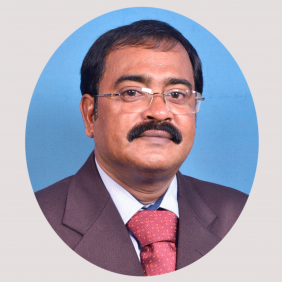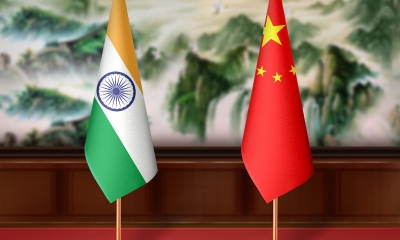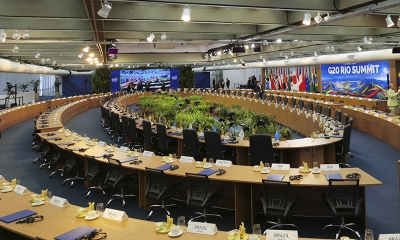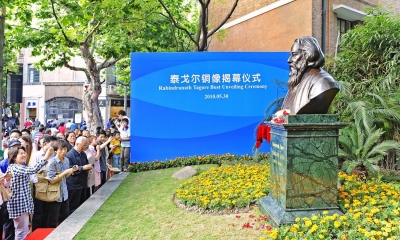Dushanbe Summit Charts the Course for a Better Afghanistan and Signifies SCO Solidarity
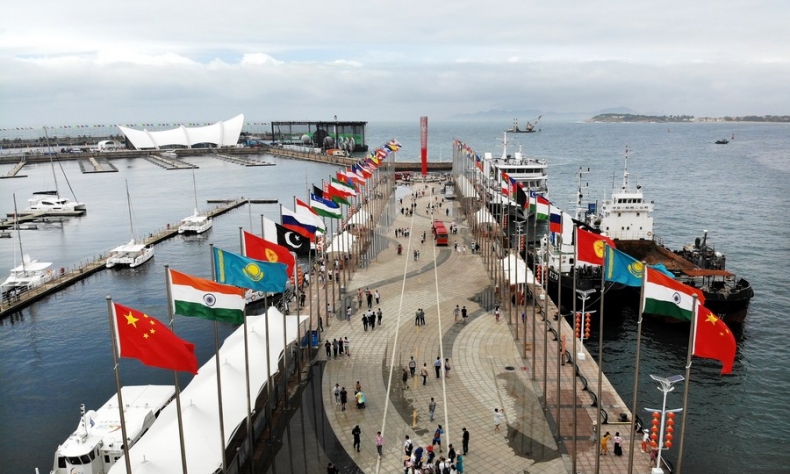
The SCO group has sent out a signal of unity in the fight against the COVID-19 pandemic, cross-border terrorism, unilateralism, trade protectionism and with a promise of enhancing SCO solidarity and building a better post-COVID region.
Taking over the revolving presidency of the Shanghai Cooperation Organization (SCO) from Russia, Tajikistan hosted the 21st SCO Leaders’ Summit on September 16-17 in the capital city Dushanbe. The Afghanistan-themed SCO summit followed a number of meetings between ministers of foreign affairs, defence, finance, national security advisors of its member states in the last two months that have consolidated mutual trust and peaceful cooperation among its group members. The 21st SCO summit saw the accession of Iran as a new member to the SCO family.
At the invitation of Tajik President Emomali Rahmon, the summit saw the virtual presence of Chinese President Xi Jinping, Indian Prime Minister Narendra Modi and Russian President Vladimir Putin while Pakistan Prime Minister Imran Khan, Iranian President Ebrahim Raisi, Chinese Foreign Minister Wang Yi and Indian Foreign Minister S. Jaishankar among other dignitaries attended the SCO and the Collective Security Treaty Organization (CSTO) summit physically.
The meeting assumed importance as it took place at a time when the Taliban had returned to power in Afghanistan on August 30 and announced the interim government, declaring the country an “Islamic Emirate” on September 7. Against this tumultuous time of global and regional challenges, the outcome of the 21st SCO summit is encouraging and reassuring as leaders of the nine-member SCO grouping reached consensus on a wide range of regional and global issues involving the rebuilding efforts for the war-ravaged Afghanistan as well as the formation of an inclusive government there under the framework of the SCO-Afghanistan Contact Group.
Undoubtedly, the SCO group has sent out a signal of unity in the fight against the COVID-19 pandemic, cross-border terrorism, unilateralism, trade protectionism and with a promise of enhancing SCO solidarity and building a better post-COVID region.
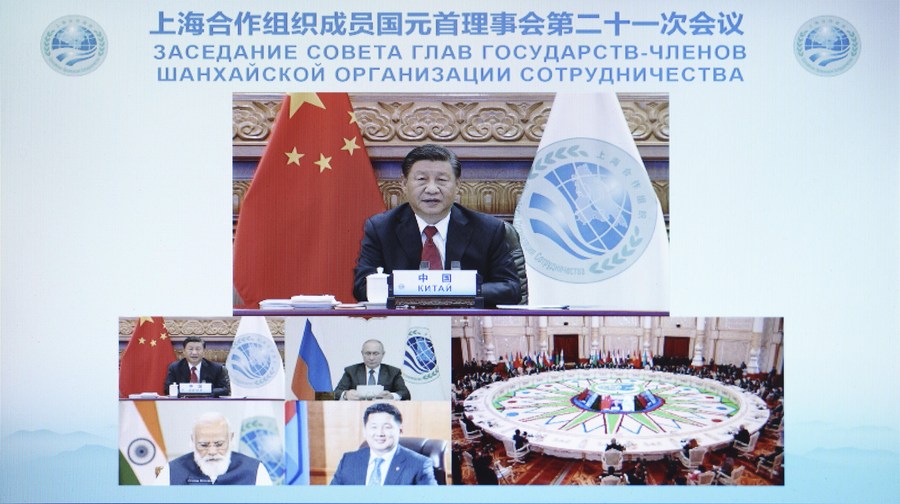
SCO for a shared future for mankind
This year marks the 20th anniversary of the SCO mechanism which is home to 44 percent of the world population and over 20 percent of global GDP. Since the inception of SCO in 2001 in Shanghai, adhering to the guiding principles of the SCO include mutual respect for sovereignty, independence, territorial integrity of member states, inviolability of state borders, non-aggression, non-interference in internal affairs, non-use of force or threats in international relations, and peaceful settlement of disputes between member states, the nine-nation political, economic and security organization has proved its effectiveness in practical and concrete cooperation between the member states defying the challenges of unilateralism and anti-globalism.
At the summit, leaders of the SCO member states reviewed the organization’s past success in security and development of the region, membership expansion, as well as the Afghanistan issue. Speaking at the summit, President Xi Jinping attributed the SCO’s strength to the “Shanghai Spirit” and called for open and inclusive cooperation for win-win outcomes.
Praising the SCO’s growing role in global affairs from security to development, President Xi rightly pointed out: “The SCO has endeavored to promote world peace, development and human progress, and to explore new ground, both theoretically and with actual steps, with a view to building a new type of international relations and a community with a shared future for mankind.”
Since the COVID-19 pandemic has been wreaking havoc around the world for almost two years, it’s really inspiring to hear that the SCO leaders in their respective speeches called for better by far and future health challenges through concerted cooperation and necessary financial resources.
In his speech, President Xi emphasized that the SCO countries have a collective responsibility to work together against the COVID-19 pandemic in the true spirit of partnership within the SCO framework. He said, “China will step up efforts to provide a total of two billion doses to other countries in the course of this year. We will deepen anti-COVID cooperation with other developing countries, make good use of China’s $100 million donation to COVAX, and make our due contribution to humanity’s ultimate victory over the virus.”
When the Delta variant of the novel coronavirus has been a steep rise across the world and many developing countries are now facing low vaccine coverage due to the West’s non-fulfillment of promises, China has become the biggest vaccine provider in the world by far by delivering “close to 1.2 billion doses of finished and bulk vaccines to over 100 countries and international organizations.” Undoubtedly, right after the outbreak of the COVID-19 pandemic, China’s Good Samaritan efforts to support anti-COVID cooperation as well as large donations of COVID-19 vaccines to countries around the world is a fitting reply to the “vaccine diplomacy” campaign led by the United States.
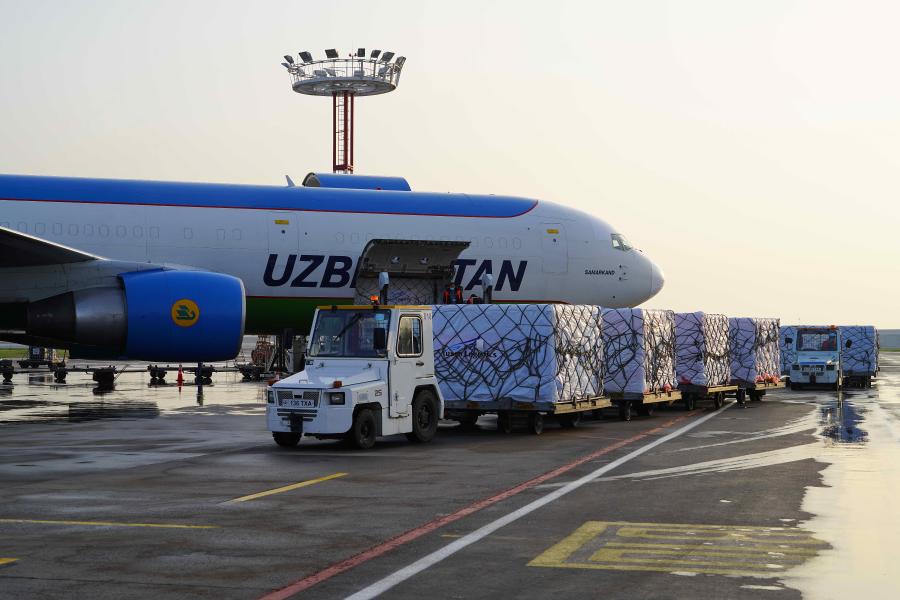
SCO faces uncertainties of Afghanistan issue
Quite expectedly, the summit focused extensively on the changing situation in Afghanistan after the humiliating exit of the U.S. and NATO troops from the country by August 30.
President Xi also made a strong reference to the Afghan issue at the summit which, undoubtedly, was encouraging and reassuring from China for the Indian foreign policy establishment and other Afghanistan’s neighbouring countries as well as the rest of the world. Urging SCO and CSTO members to promote a steady transition in Afghanistan, he said, “We SCO member states need to step up coordination, make full use of platforms such as the SCO-Afghanistan Contact Group and facilitate a smooth transition in Afghanistan. We need to encourage Afghanistan to put in place a broad-based and inclusive political framework, adopt prudent and moderate domestic and foreign policies, resolutely fight all forms of terrorism, live in amity with its neighbors and truly embark on a path of peace, stability and development.”
Undoubtedly, Xi’s reference to “terrorism” is a wake-up call to the new Afghan government to adopt a holistic approach to fight terrorism on its soil. Since Afghanistan is an SCO observer state and shares borders with several member states, President Xi offered three suggestions on the Afghan question. One, the peaceful transfer of power to Afghanistan. Second, contact and communicate with Afghanistan. Third, provide humanitarian and anti-epidemic assistance to the Afghan people.
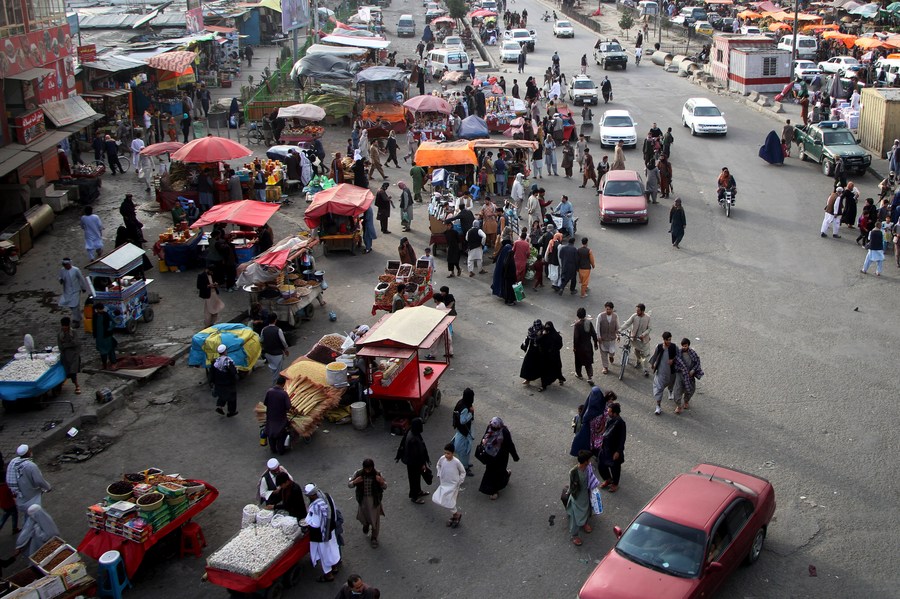
PM Modi’s address to the Summit focused on issues such as extremism, radicalization, cross-border terrorism, drug trafficking, connectivity and trust. Without naming the Taliban in his speech, Modi said, “Increasing radicalization is a root cause of many problems, and recent developments in Afghanistan have made this challenge clear.” India’s views on Afghanistan issue are echoed in Dushanbe declaration which reads: “The SCO Member States expressed their support for Afghanistan as an independent, neutral, united, democratic, and peaceful state, free of terrorism, war, and drugs.”
It can be hoped that the Taliban-led Afghanistan government will pull the strings of terrorists in order to gain international recognition and to receive international aid. They must prove their words, “it will be different,” as they claimed. As Zhu Yongbiao, director of the Center for Afghanistan Studies in Lanzhou University, told the Global Times: “The Taliban should completely cut itself from all terrorist groups, and discuss practical plans and new mechanisms on Afghanistan’s reconstruction and refugee issue.”
China and Russia’s approach towards the Taliban’s interim government may be different from that of India, but India should take a note from the Chinese President’s SCO speech in which he said that the future of Afghanistan should be in the hands of all Afghan people. As such, India needs to be flexible enough in its approach towards the Taliban to stay relevant in Afghanistan and should collectively engage with China by supporting the connectivity projects under the Belt and Road Initiative (BRI) to help the Taliban rebuild their war-torn country.
It should be recalled here that as part of the “China-India Plus” cooperation plan, both India and China organized a joint training program for Afghan diplomats in 2018, which has become a great symbol of regional cooperation.
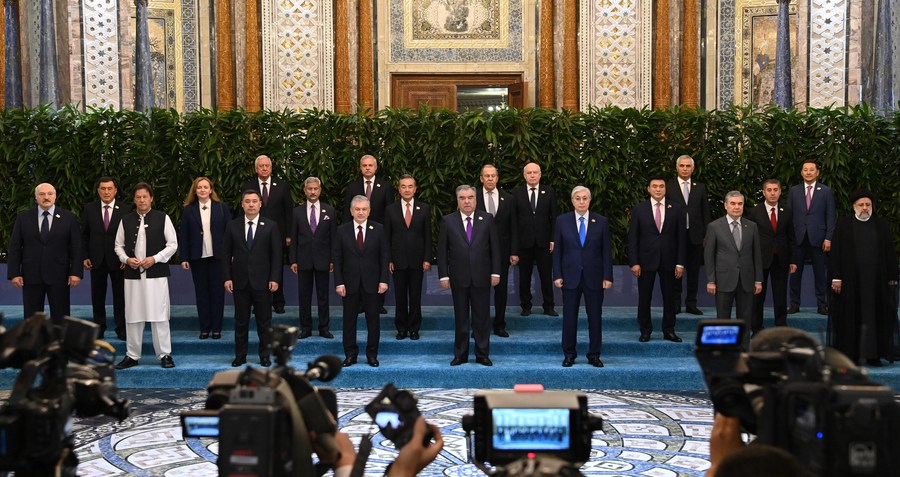
Dushanbe Summit adds further vigour to the India-China relationship
During the Dushanbe Summit, once again, Indian Foreign Minister Jaishankar and his Chinese counterpart Wang Yi discussed the “remaining issues on disengagement” along the Line of Actual Control (LAC) in Ladakh on the sidelines of the SCO summit on September 16 that will surely strengthen India-China bonhomie which has become tense since the border conflict of 2020.
Obviously, cooperation between India and China is important to the strength of the SCO family that preserves peace and stability in the region. Since the two close neighbors have been dedicated to the “Shanghai Spirit” to achieve the unity and upliftment of Asia, they should form a cooperative and mutually beneficial relationship under the SCO framework, leaving aside their “historical baggage” over the boundary.
 Facebook
Facebook
 Twitter
Twitter
 Linkedin
Linkedin
 Google +
Google +



